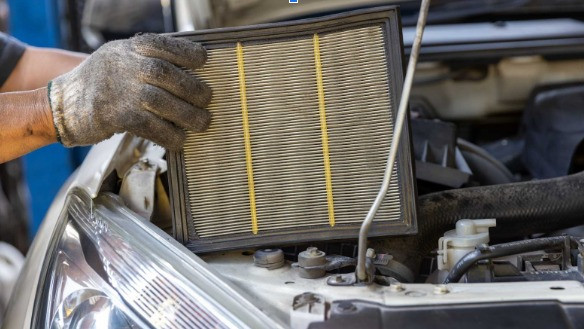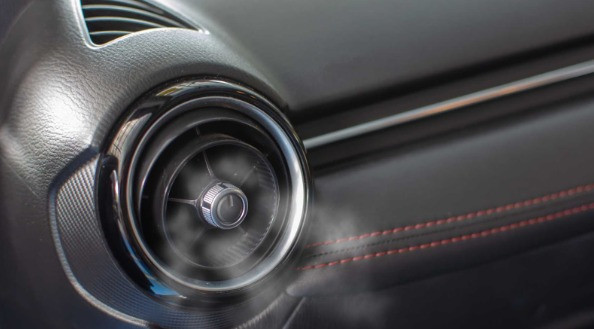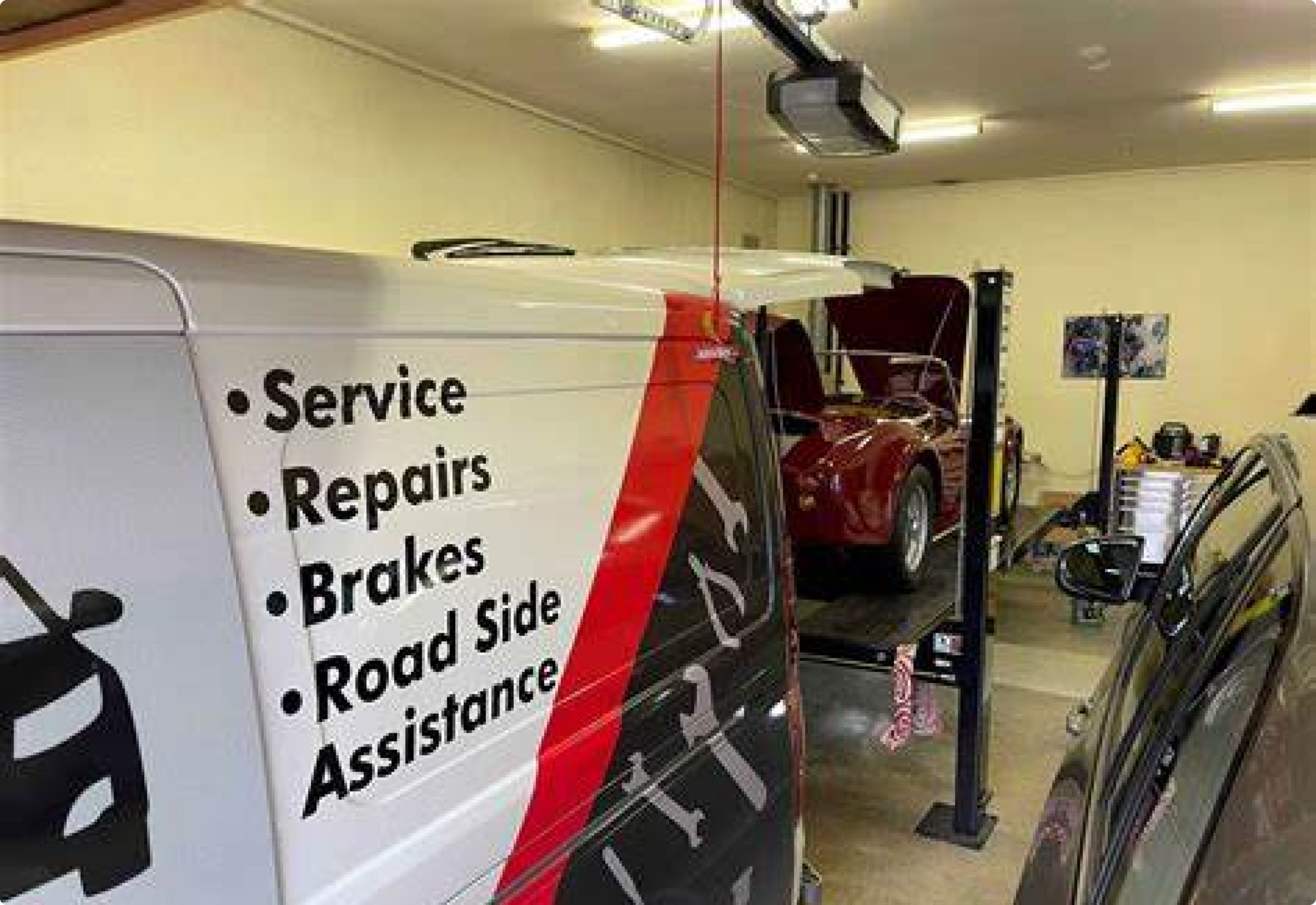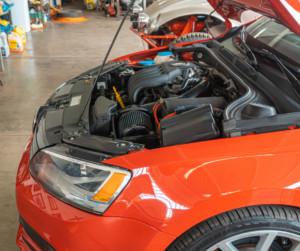How To Repair Your Car Air Conditioner? | Fix AirCon In Car
Are you feeling the heat, even with the air con in your car on? It can be incredibly frustrating when your car’s air conditioner isn’t working properly.
In a country where summer temperatures can reach sweltering heights, a functioning car air conditioner is more than just a luxury; it’s a necessity.
Here’s your guide to repairing your car’s air conditioner, offering practical solutions to ensure a comfortable and cool ride. Let’s get started on fixing AirCon in cars.
Understanding The Car Air Conditioning System
Before diving into the repair process, let’s understand how your car’s air conditioning system works.
Your car’s air conditioner comprises several key components, including the radiator, compressor, condenser, evaporator, and expansion valve, all interconnected by a network of hoses and valves.
The system uses refrigerant gas to remove heat from the cabin air, creating that cool and comfortable environment you desire.
Signs That Your Car Air Con System Needs Attention
When your auto air conditioning isn’t working as it should, it can manifest in various ways –
- Warm Air – The most obvious sign is when your air conditioning unit starts blowing hot air instead of the cool breeze you expect.
- Reduced Airflow – If you notice a decrease in the air flow from the vents, it’s an indicator that something is amiss.
- Unusual Sounds – Strange noises, such as rattles or hissing, can signify a problem with the air conditioning system.
- Unpleasant Odors – If your car’s AC is emitting foul odours, it might be time for a service.
- Water Leaks – Puddles of water inside your vehicle may be a sign of a blocked drain tube in the air conditioning system.
Car Air Conditioner Repair – DIY vs Professional?
Now, you might be wondering whether to roll up your sleeves and attempt a DIY repair or call in a professional. Each approach has its pros and cons.
DIY repairs can be cost-effective if you’re knowledgeable and have the right tools. However, they come with risks.
- Mishandling refrigerants, for example, can be hazardous to both you and the environment.
- Also, some air conditioning repairs require expertise and specialized equipment, which you might not have access to.
If you’re uncertain or uncomfortable with DIY repairs, it’s wise to seek the help of a qualified technician or auto electrician. They can diagnose and fix complex issues, ensuring safety and efficiency.
How To Repair Your Car AirCon?
If you’re facing any of the issues mentioned above, here’s a detailed step-by-step guide to help you fix your car’s air conditioner –
1. Check for Refrigerant Leak
A refrigerant leak is one of the most common causes of warm air.
- Acquire a leak detection kit, available at auto supply stores.
- With the engine off, attach the kit to your car’s air conditioning system according to the kit’s instructions.
- Turn on the air conditioner, and the kit will help pinpoint the location of the refrigerant leak.
- Once located, repair the leak by sealing the area or replacing the damaged component.
- Recharge the system with new refrigerant following manufacturer specifications.
2. Inspect the Cabin Air Filter
A clogged cabin air filter can restrict airflow and impact cooling.
- Locate the cabin air filter, typically found behind the glove compartment or under the dashboard.
- Remove the old filter and inspect it for dirt and debris.
- Replace with a new filter designed for your vehicle’s make and model.
- Reassemble the filter housing and secure it in place.
3. Check the Compressor
The compressor is the heart of your air conditioning system.
- Start the engine and turn on the air conditioner.
- Listen for unusual sounds coming from the air conditioning compressor, such as rattling or hissing.
- If you suspect a problem, consult a qualified mechanic for a thorough inspection and potential repairs.
4. Examine the Evaporator and Condenser
The evaporator and condenser coils can get dirty or clogged, affecting heat exchange.
- Consult your vehicle’s manual to locate the evaporator and condenser.
- Use a soft brush or compressed air to carefully clean the coils.
- If cleaning doesn’t resolve the issue, consider coil replacement as recommended by a professional.
5. Test the Expansion Valve and Valves
These components regulate the flow of refrigerant and affect the temperature in your car.
- Consult an air conditioning specialist or repair service to assess the valves’ functionality.
- If they are malfunctioning, the technician can perform repairs or replacements as necessary.
6. Regas The Refrigerant
Low refrigerant gas levels can result in weak cooling.
- Consult a mechanic to assess the refrigerant levels.
- If the levels are low, the technician will re-gas the system with the appropriate amount of refrigerant gas.
7. Evaluate the Hose and Vent System
Hoses and vents can deteriorate over time, leading to reduced airflow.
- Inspect the hoses and vents for damage, blockages, or leaks.
- Replace any damaged components as needed.
Car AC Repair Costs And How Long Does The Service Take?

The cost and time involved in servicing and repairing the air-con can vary depending on the type of car and the extent of the damage.
Simple tasks like recharging the refrigerant gas may take less than an hour while replacing major components can be more time-consuming and expensive. It’s essential to consider these factors when deciding whether to DIY or seek professional help.
Fix AirCon In Car With Ease!
Your vehicle’s air conditioning system is a valuable asset, especially in Australia’s heat. When it isn’t working correctly, it can be a real headache. However, repairing your air con is a manageable task, provided you have some basic knowledge and the right tools.
Remember, whether you choose the DIY path or get professional servicing, a well-maintained car air conditioning system will keep you cool and comfortable during those scorching summer drives.
A proactive approach can help prevent vehicle air conditioning problems. Get your car air conditioning serviced every two years, as preventive maintenance can save you from costly repairs down the road.
Now, you don’t have to endure those sweltering car rides—enjoy the refreshing cold air you deserve.
FAQs – Car Air Conditioning Repair Service
How do I know if my car AC compressor is bad?
Signs of a bad AC compressor may include loud noises when the AC is running, warm air blowing from the air vents, or reduced cooling efficiency. If you suspect compressor issues, consult a technician for a diagnosis.
How long does aircon last in a car?
The lifespan of a car’s air conditioning system can vary depending on usage, maintenance, and environmental conditions. On average, with proper care, an air conditioner in a car can last around 7-10 years.
Why did my AC suddenly stop blowing cold air?
An AC that suddenly stops blowing cold air may be due to a refrigerant leak, a malfunctioning compressor, or a failed component. Promptly have your AC system inspected to identify and resolve the issue.
Should I turn off the AC if it’s not cooling?
If your AC is not cooling as it should, it’s advisable to turn it off to prevent further damage and to avoid unnecessary energy consumption. Seek professional help to address the issue.
Why is my AC fan running but not cooling?
When the AC fan runs but doesn’t provide cool air, it might indicate issues like a clogged air filter, refrigerant problems, or a malfunctioning compressor. Professional inspection is essential to diagnose and fix the problem.
How much does it cost to replace a car AC compressor?
The cost of replacing a car’s AC compressor varies widely based on the make and model of your vehicle and the labour rates in your area. On average, it can cost between $500 to $1,000 or more for the compressor replacement, including labour and parts.
How long does freon last in a car?
Freon, or refrigerant, should ideally last the lifetime of your car’s AC system, provided there are no leaks. However, over time, it may require recharging due to natural loss or small leaks.
How much does it cost to recharge the car air conditioning system?
The cost of recharging a car’s AC can vary based on location and the specific type of refrigerant used. On average, a recharge may cost between $100 to $300.
If you need help, please call us on 131 546 for a Free Quote and Assessment











